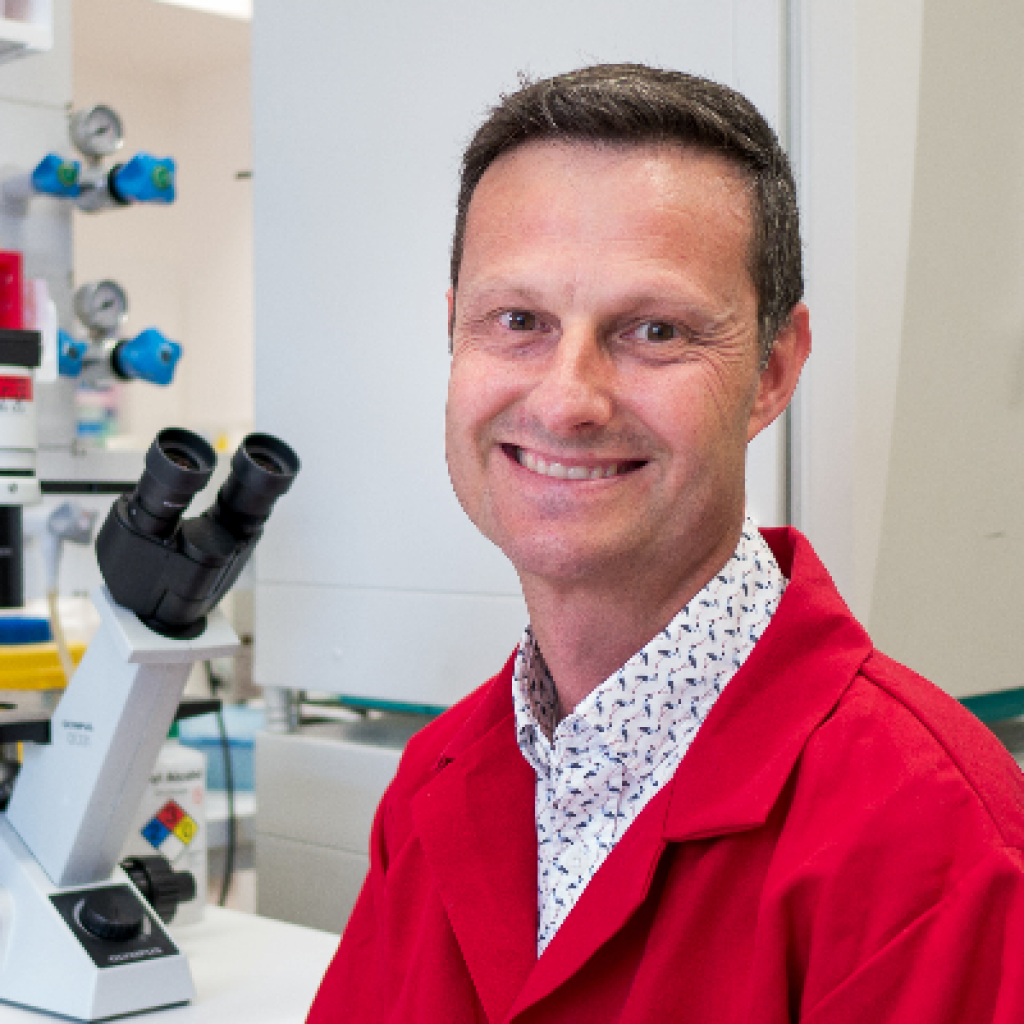Let's get started! Tell us an interesting fact about yourself.
I spent most of my childhood in Balaklava, a small country town north of Adelaide and my scientific career that started in Adelaide has taken me to the UK, the US, back to Brisbane and now Canberra. Except for the two years in the US, where I walked most days, I have mostly ridden a bike to school, uni. and work every day, rain or shine.
